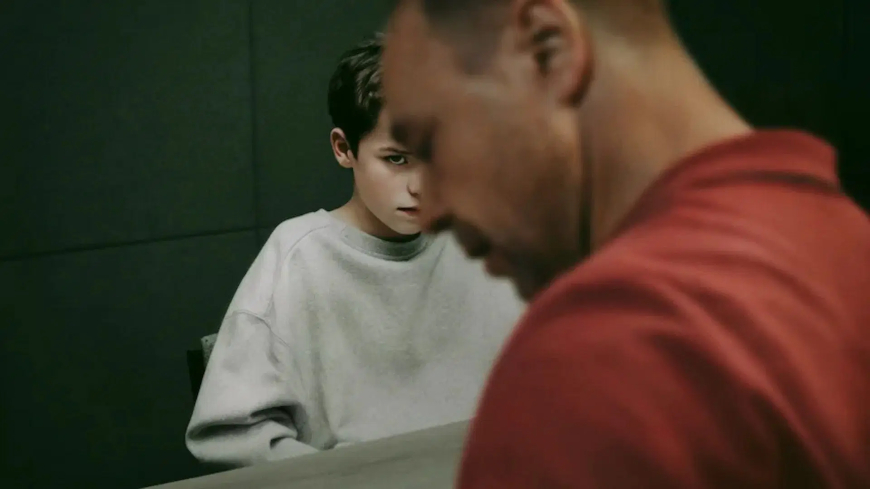Netflix’s Adolescence Miniseries is Making Noise about the Masculinity, Teenage Struggles and Society
Netflix’s Adolescence is making waves with its gripping portrayal of teenage struggles, online influence, and societal issues. With record-breaking viewership, the series is sparking conversations on youth, violence, and mental health. Get the latest updates on its impact and future.

"Adolescence," a gripping Netflix miniseries put together by Stephen Graham and Jack Thorne, continues to enthrall and incite significant cultural discourse on teenage male rage and social ills. The 4-part series depicts the many dimensions of how a 13-year-old boy comes to be arrested for the alleged murder of a classmate, including the themes of alienation, bullying, and toxic subcultures online.
Record-Breaking Viewership
"Adolescence" has broken all possible records- 66.3 million views in its first two weeks since its release-making it the highest ever performing limited series on Netflix in that time span. Indeed, the show is said to possess a worldwide touch in engaging its viewers.
Emotionally Charged and Public Debate
The emotional appeal of this show can be overwhelming to the audience. Perhaps one of the most emotional instances was the on-air meltdown of a relatively unknown Australian radio host, Kip Wightman, when he was discussing "Adolescence." He linked that meltdown specifically to a fear of imparting a short fuse to his son by reflecting on his traumatic childhood. Clearly, moments like these show how this program can lead to self-examination and discussion of generational trauma and parenting.
Conflicting Critiques
"Adolescence" has sparked differing opinions from various critics and experts as to the significance of the violence it shows and what causes such violence. For neuroscientist Selena Bartlett, the series is that proverbial wake-up call that leaves no doubt about the toxicity of online communities and the importance of face-to-face relationships in overcoming loneliness and harmful beliefs-but anti-violence campaigner Phil Cleary sees it largely as an oversimplification of more complex issues by focusing on social media's influence on violence and possibly ignoring societal ones.
Inspired by True Events
The very story that "Adolescence" tells has been of real events, thus giving a certain veracity and urgency to its narrative. Mimicking things that truly happened lets the audience know important issues in society and forces them to think about their communities and such problems.
Future Possibilities for Season 2
"Adolescence" was never meant to be continued into another season, and there has been no mention by Netflix of a second season. Of course, it has been announced that its first season wasn't the last, just like how other limited series went.
"Adolescence" thus becomes a rather poignant exploration of contemporary issues affecting youth, leading to vital discourse on mental health, societal expectations, and how digital environments empower behavioral change.



 Utej
Utej 





